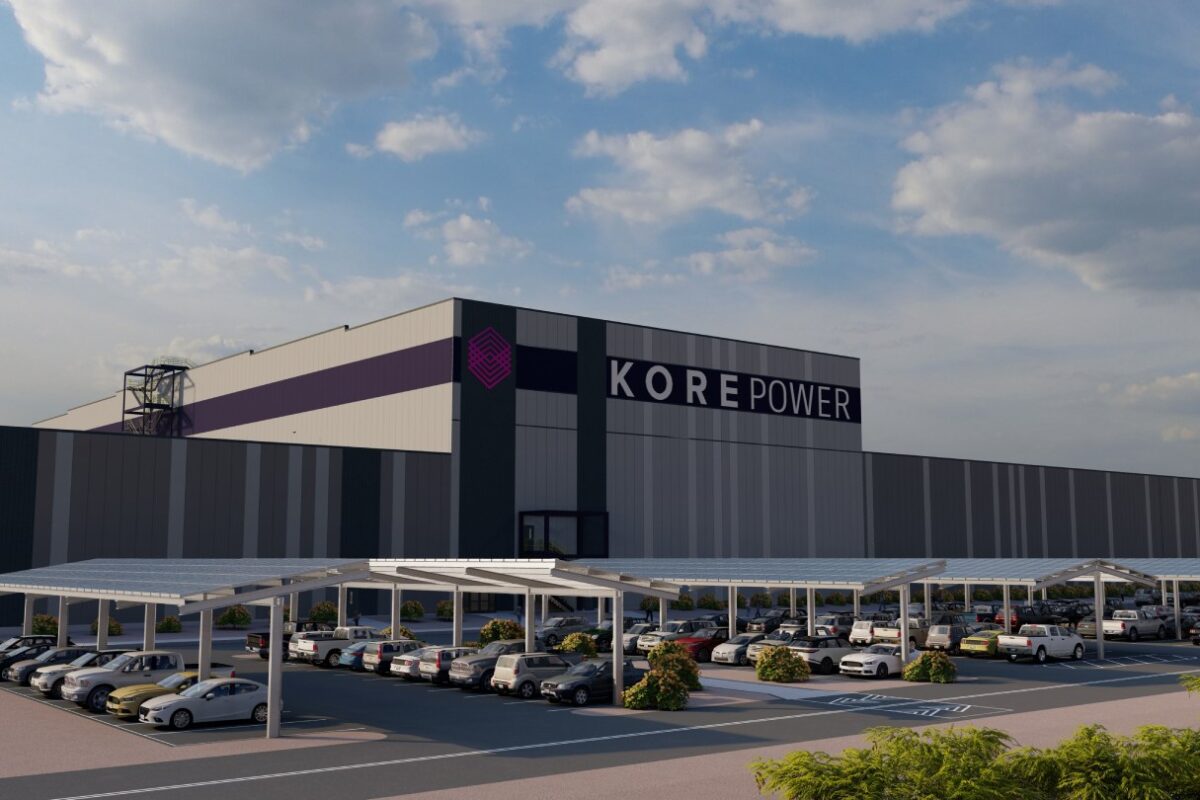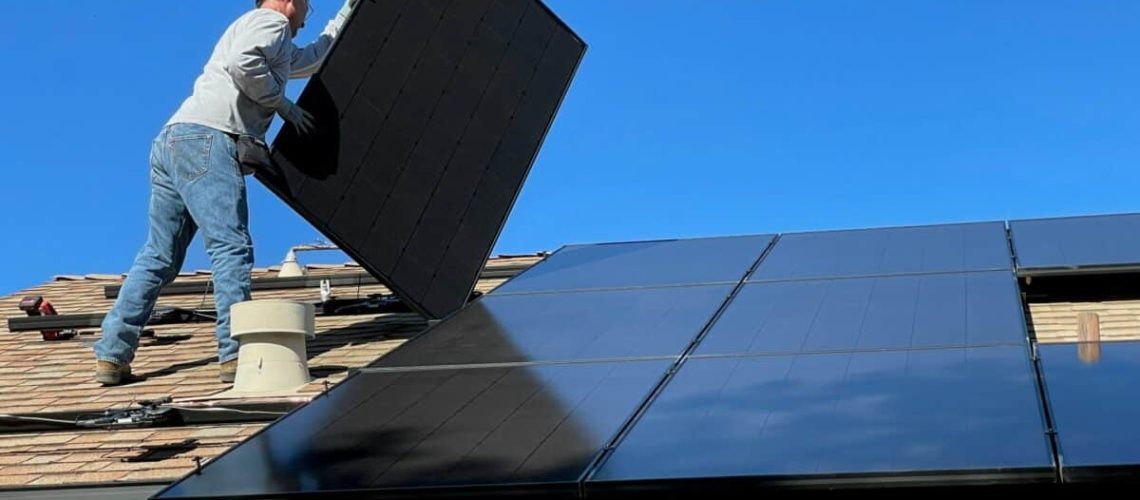Wyoming Senator Case has yet again submitted legislation to limit net metering, jeopardizing the grassroots growth of small-scale solar power.
The Wyoming Senate Corporations, Elections and Political Subdivisions Committee voted 4-1 to endorse Senate File 111, “Net metering revisions.” Senator Brian Boner (R-Douglas) cast the lone dissenting vote.
Senate File 111, sponsored by Senator Cale Case (R-Lander) would task the Public Service Commission to establish a “just and reasonable” compensation for all solar power systems installed behind the meter on or after January 1, 2026. Under the plan, existing installations would retain their current compensation, but any leftover kilowatt-hour credits would be sold back to the utility at its filed avoided cost.
The legislation next heads to the Wyoming Senate floor for consideration.
In an interview with Wyoming Public Media, the Wyoming Outdoor Council’s energy and climate policy director John Burrows appealed to reason, and brought some facts: “Less than 1 percent of Wyoming homes have rooftop solar,” Burrows said.
Data from PV Intel, a solar intelligence firm, shows distributed generation languishing at below 1/10th of 1% of all state electricity generation.
According to Burrows, net metering customers in Wyoming make up about 0.8 percent of retail electric sales, a level that took two decades to reach. He noted studies that find cost-shifting becomes a concern at five to 10 percent of retail sales, or “about a ten-fold increase from where we are currently.”
Senator Case has a long history of backing measures that would fundamentally alter Wyoming’s net metering system. In 2021, he supported Senate File 16, a legislative effort that sought to dismantle the decades-old policy by curtailing the full retail credit for excess electricity produced by rooftop solar. Under that proposal, utilities would have stopped paying the current rate and instead purchased any leftover kilowatt-hour credits at the utility’s avoided cost—a rate roughly 25% of the retail value. As always, the cost shift argument was put forward, however, industry analyses found the impact negligible—barely a fraction of a cent per kilowatt-hour.
Again, in August 2022, a local utility – High Plains Power – attempted to unilaterally change the compensation method to an “avoided cost rate”, ignoring fierce opposition and leading to a legal showdown. The Wyoming Supreme Court overturned the Public Service Commission’s approved change, emphasizing that the plain language of existing law did not support such a reduction.
A just rejected proposal was cynically dubbed “Make carbon dioxide great again-no net zero” (SF 92), while another sought a five-year moratorium on wind and solar projects (SF 183).
Popular content




